PhD Students
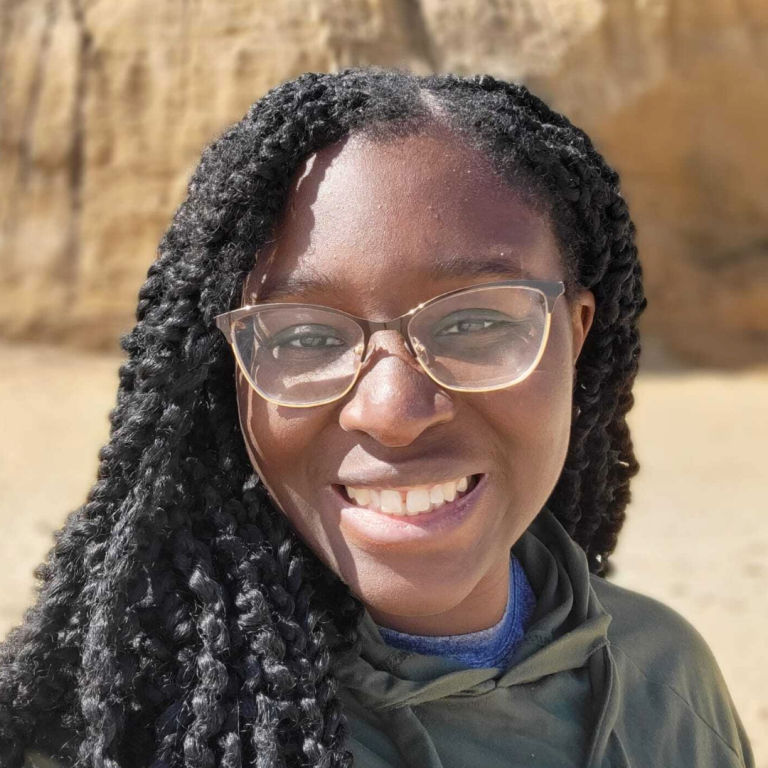
Ekomobong Eyoh
Summary of Current Research
I am a Ph.D. student in the Developmental Psychopathology and Clinical Science program at the University of Minnesota’s Institute of Child Development. Broadly, my research interests include heterogeneity in autism and developmental origins of psychopathology and neurodevelopmental disorders. More specifically, I am interested in studying autism early identification, heterogeneity in developmental disorders, and social/emotional developmental influences on the emergence of psychopathology. Prior to graduate school at ICD, I received a B.E. in Biomedical Engineering and Neuroscience from Vanderbilt University and an M.P.H. from the University of Miami. Later, I worked as a research coordinator for a year and a half in the Laboratory of Affective Sensory Research at Vanderbilt University Medical Center studying sensory differences in autism.
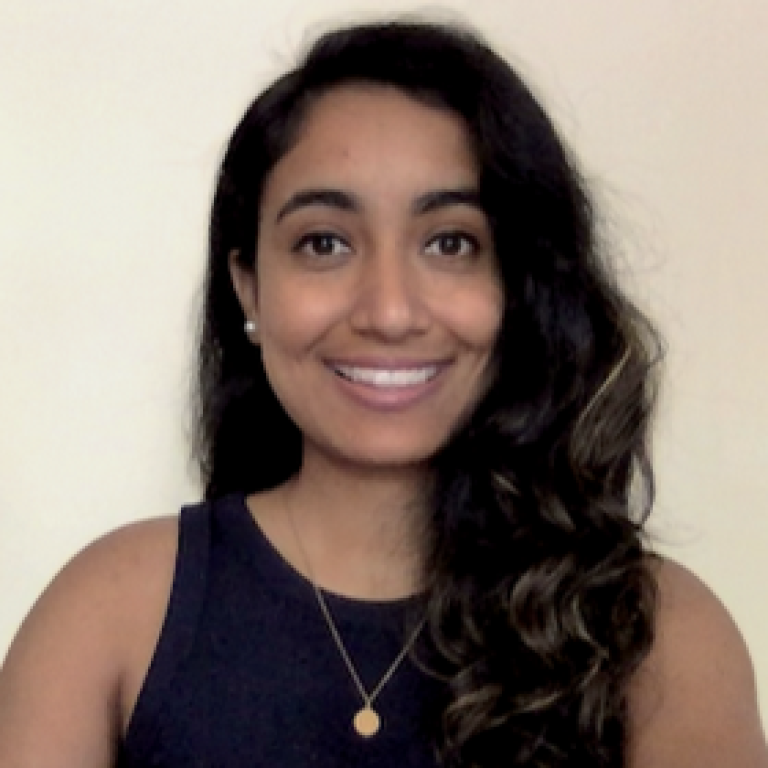
Sanju Koirala
Summary of Current Research
I am a first-year graduate student in the Developmental Science program at the Institute of Child Development (ICD) at UMN. I am interested in characterizing the developmental trajectory of brain networks in relation to behavioral milestones in early years of life and examining how it differs in various neurodevelopmental disorders and delays. Prior to joining the lab, I worked as a Simons fellow in Computational Neuroscience at Marcus Autism Center, Emory University. While at Marcus, I studied the methodological feasibility of using simultaneous eye-tracking/MRI to examine brain activation in participants with and without autism spectrum disorder (ASD) as they engaged with a naturalistic stimulus. I also studied whether the trajectories of social visual engagement over the first two years of life predict later language outcome in infants at low and high-risk for ASD. I received my B.A. in Neuroscience from Hamilton College in 2019. As a first-generation, international, woman of color in science, I am passionate about making science more equitable and accessible to students from underrepresented backgrounds globally. Outside of the lab, you’ll find me writing/reading poetry, doing yoga, and traveling.
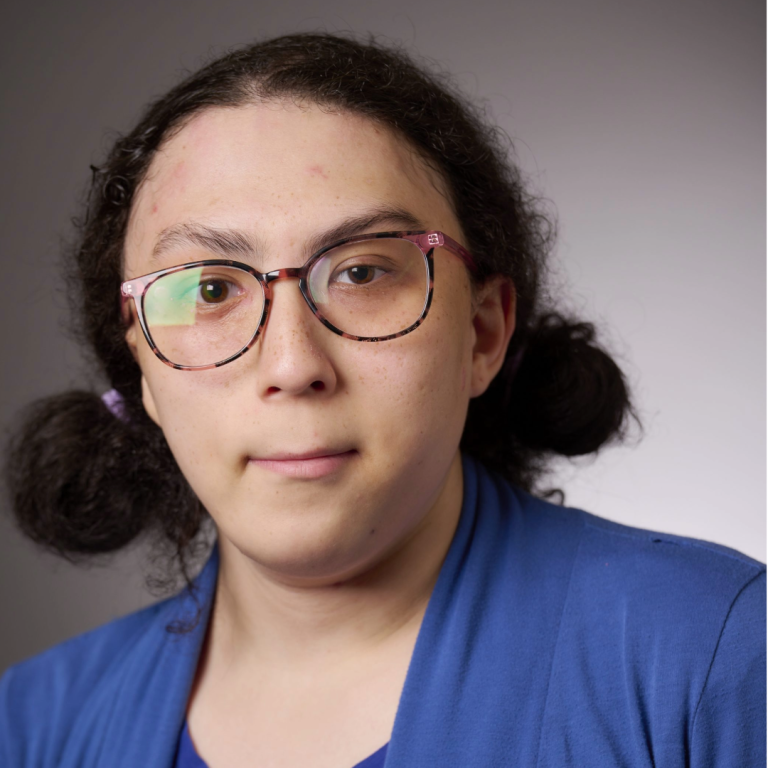
Vanessa Morgan
Summary of Current Research
I’m a PhD student in the Graduate Program in Neuroscience, and I joined the lab in the summer of 2023. My research interests involve understanding neural dynamics and how these dynamics are different in autism. I’m particularly interested in accomplishing this using computational modeling and high field fMRI data. I’m a proudly autistic woman, and I try to integrate values held within neurodivergent communities into my work. I attended Hartwick College as a first-generation undergraduate, receiving a B.S. in computer science and a B.A. in psychology. Between then and grad school, I worked as a post-baccalaureate fellow at the NIH studying reinforcement learning in rhesus macaques. Outside of the lab, my interests include (both reading and writing) science fiction, bike rides (when the weather permits), and sewing.
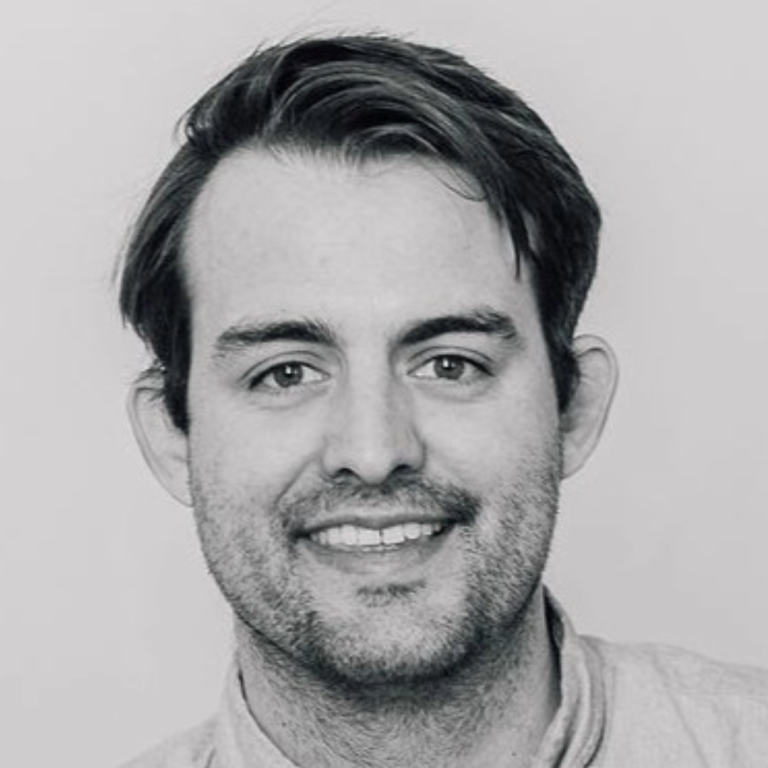
Tim Hendrickson
Summary of Current Research
I am a part-time Ph.D. student in the Bioinformatics and Computational Biology program at the University of Minnesota. I joined the lab in Winter 2021. Generally, my research interests include deep learning or machine learning applications to MRI neuroimaging data. More specifically, I have been working to improve data processing methods for infant MRI neuroimaging using deep learning approaches, such as semantic segmentation and 3D-shape reconstruction. Beyond my Ph.D. work I am also the neuroimaging informatics manager with the MIDB informatics group. There I consult and assist researchers with neuroimaging processing and analysis of their data. Outside of the lab, I enjoy running with my dog and spending time with my family.
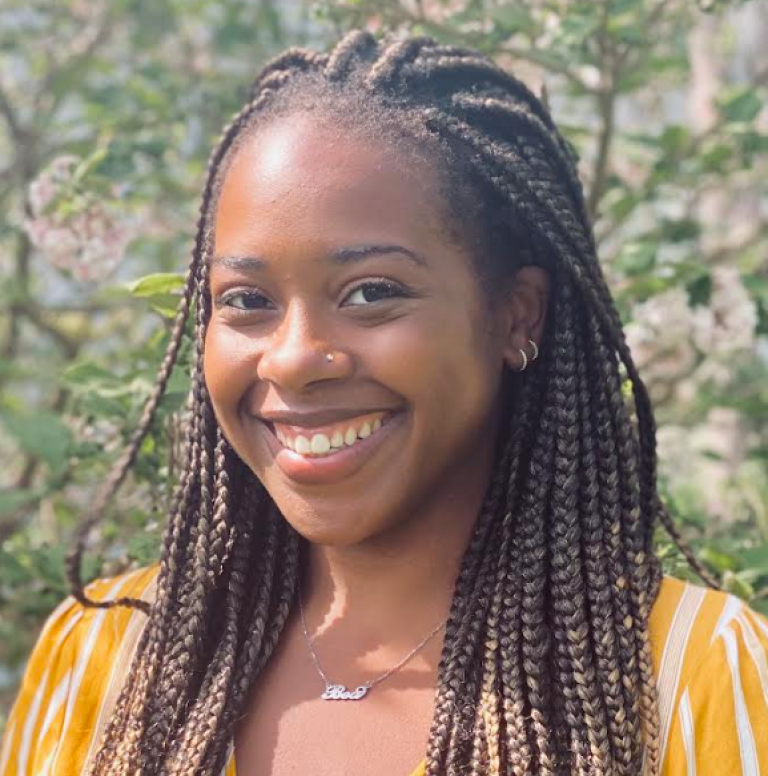
Beatrice "Bea" Ojuri
Summary of Current Research
I am a first-year PhD student on the Developmental Psychopathology and Clinical Science track in the Institute of Child Development (ICD). I am broadly interested in examining shared and distinct cognitive, behavioral, and neurobiological traits in children with ASD and ADHD, as well as early neural predictors within those disorders that contribute to emerging psychopathology. Prior to joining ICD, I earned my B.S. in psychology from the University of Massachusetts Amherst in 2022. Later, as a research coordinator and assistant in the Center for Neurodevelopmental and Imaging Research (CNIR) at the Kennedy Krieger Institute, I investigated behavioral, neuropsychological, motor, and neurobiological profiles of children, adolescents, and adults with and without ASD, ADHD, and reading disorders. At the CNIR, I also was the lead coordinator for a school-based mindfulness intervention and am passionate about promoting inclusive research methodologies and practices. Outside of the lab, you can find me watching reality TV or working out.
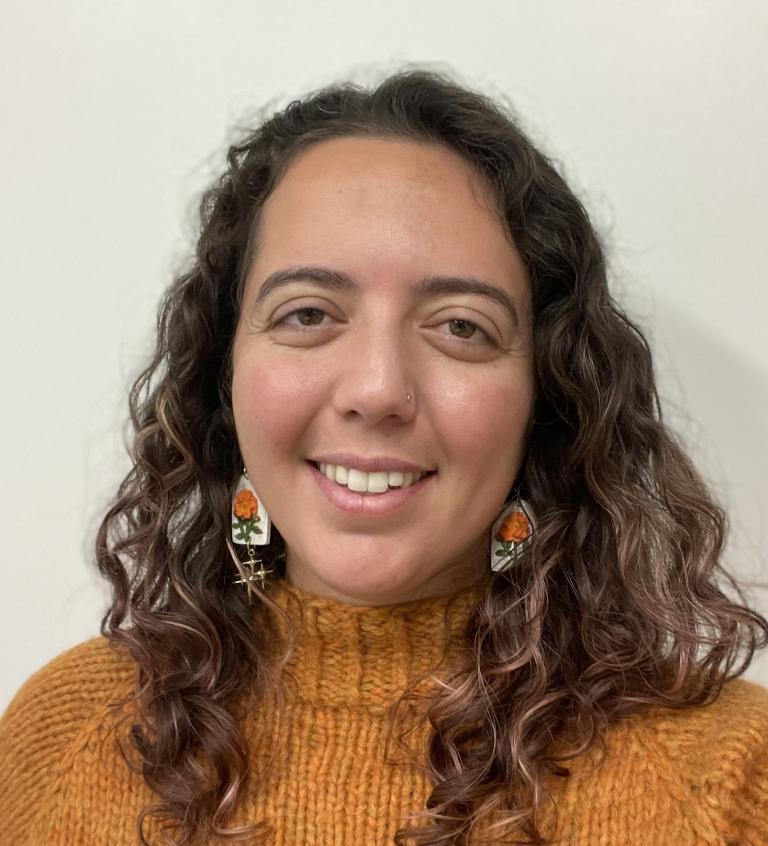
Erendiz Tarakci
Summary of Current Research
I am a PhD student in the Graduate Program in Neuroscience at UMN and joined the lab in the summer of 2024. My research interests are two-fold: 1) Using precision functional mapping to investigate measurements of plasticity in both typically developing neonates and in patients undergoing neuromodulation treatment such as transcranial magnetic stimulation (TMS) and 2) Improving MRI data analysis and processing pipelines to be more user-friendly and prepare them for commercialization. Before coming to UMN, I received my B.A. in Molecular and Cell Biology: Neurobiology and a minor in Computer Science at UC Berkeley in 2017. Additionally, I graduated with a M.S. in Neuroimaging and Bioinformatics in 2022 from the University of Southern California (USC) where I studied the efficiency of an automated skull striping neuro network for rodent MRI in a pre-clinical trial for stroke medication. Subsequently, I worked as a staff programmer in the Neural Plasticity and Neurorehabilitation Lab at USC where I developed code for a EEG/EMG biofeedback VR system for stroke rehabilitation. Outside of the lab, I enjoy exploring nature, playing dungeons and dragons, and swing dancing.